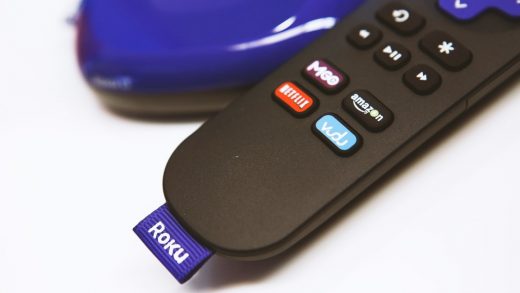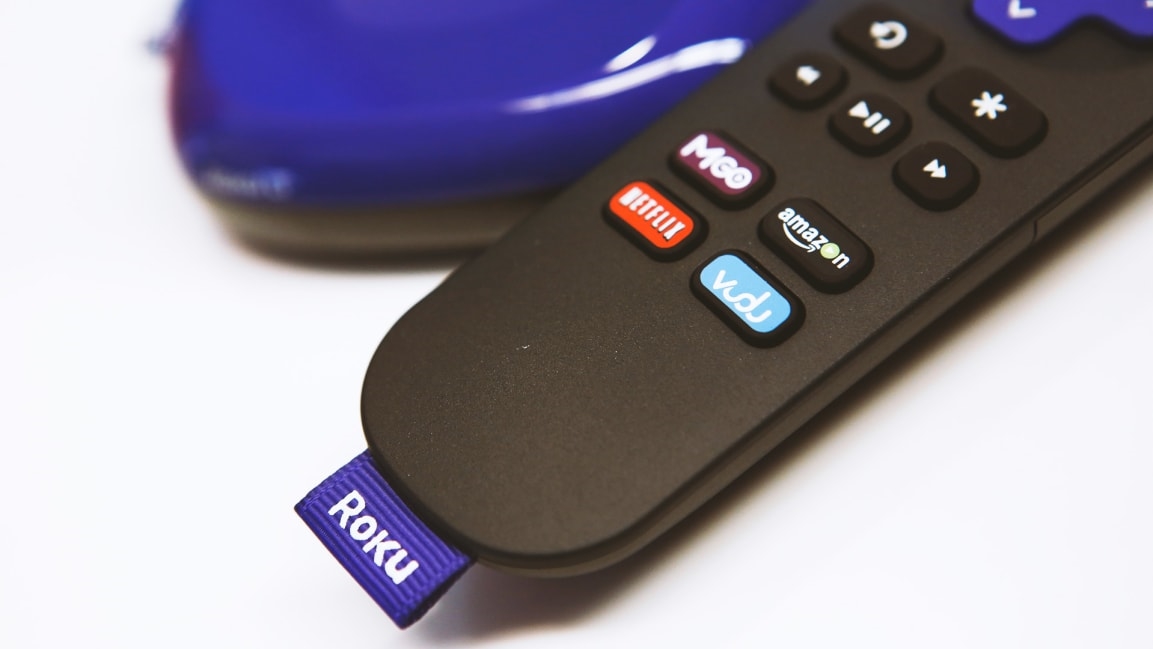Roku has reportedly scrapped its answer to Alexa and Siri
While Roku’s big bet on smart TV licensing is paying off, its more recent venture into developing a voice assistant isn’t going as well. A report by the Wall Street Journal claims that Roku is “no longer developing a previously announced voice assistant,” without elaborating further.
In a statement to Fast Company, Roku spokeswoman Tricia Mifsud disputed the Journal’s characterization, but acknowledged that the company is no longer using the term “Roku Entertainment Assistant” to describe its voice control ambitions. “We are continuing to build more voice capabilities around the entertainment experience on the Roku platform, now called Roku Voice,” Mifsud said.
Roku announced plans for a voice assistant in January 2018, describing it as “optimized for home entertainment,” and had planned to launch it that fall. Instead, TCL canceled a soundbar that was going to have Roku’s assistant on board, and Roku said last fall that it was delaying its assistant into 2019.
In any case, Roku isn’t abandoning voice control. Many of its streaming players and smart TVs have voice remotes so users can search for content, play music from certain apps, and launch videos from The Roku Channel, and Roku never aspired to build an all-purpose assistant that can book calendar appointments or control microwaves.
If Roku is scaling back its voice control ambitions, that would be too bad, as Google, Amazon, and Apple have all been slow to develop TV-related features for their own voice assistants. Still, the lack of superior voice control isn’t slowing Roku down. According to the Journal, Roku-powered TVs outsold Samsung smart TVs during the first quarter in the United States, and Roku remains the dominant streaming platform in the U.S. when you factor in stand-alone streaming players as well.
This story has been updated to reflect comments from Roku.
(29)



